- Dispute Resolution
- Competition Law / International Trade
Reform of the Energy Charter Treaty – what is changing?
On 24 June 2022, the Energy Charter Secretariat (“Secretariat”) announced the agreement-in-principle on a modernized Energy Charter Treaty (“ECT” or “Treaty”) by its contracting states. The agreement-in-principle marks the end of a five-year period of preparation and negotiations which began two decades after the Treaty entered into force in 1998. The ECT has since been criticized for overly focusing on investor protection at the expense of host states. Additionally, there have been increasing calls in the EU for replacing conventional energy (e.g., fossil fuels) with ‘clean’ energy to combat climate change. The ECT reform is hence the result of a quest for stronger recognition of the contracting states’ right to regulate and the environmental movement. Notably, investor-state arbitration between an ...To read the full article, please see the PDF file


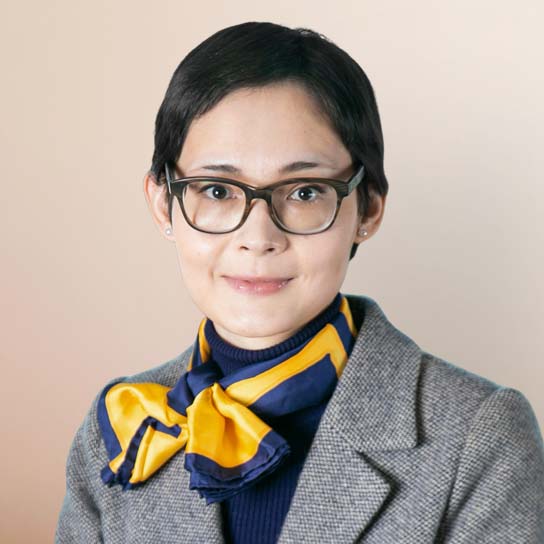


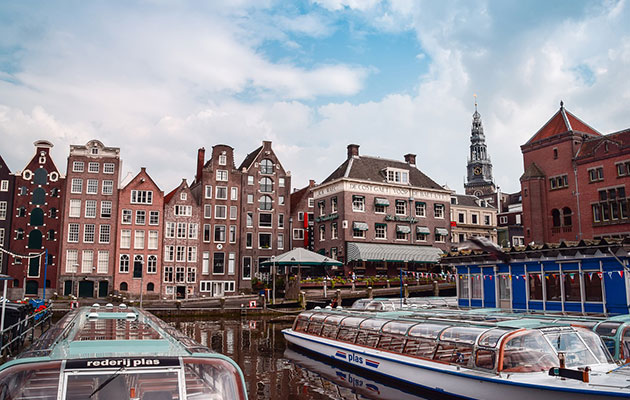
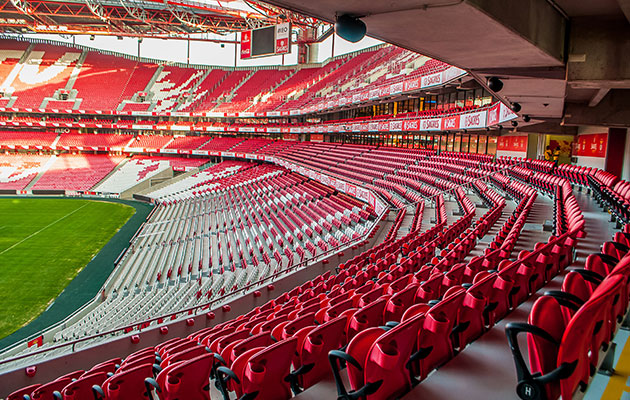
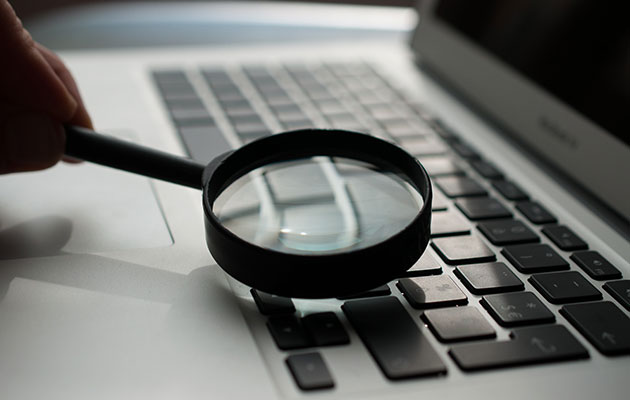
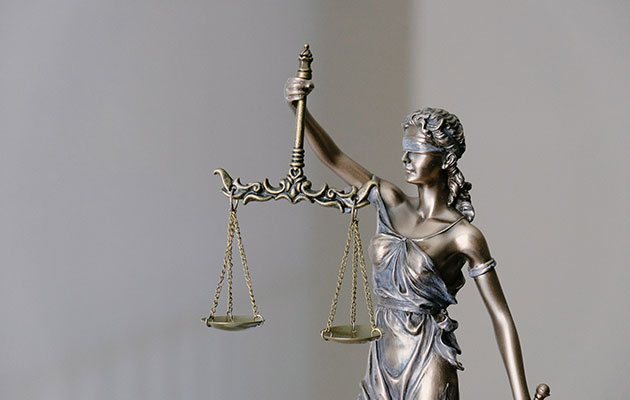
Lars’ practice is focused on commercial and investment arbitration. He has particular expertise in contentious proceedings involving post-M&A, commercial, manufacturing, construction, and distribution matters, in areas such as life sciences, automotive, and energy. Lars also deals with cases involving governments, and has advised foreign investors and sovereign states on issues of foreign direct investment and public international law, including related negotiations and investor-state disputes. He has been involved in more than 60 international arbitrations as counsel and as arbitrator under the arbitration rules of institutions such as the ICC, DIS, SAC, NAI, ICDR, KCAB, JCAA, SIAC, and ICSID, as well as under the UNCITRAL Rules.